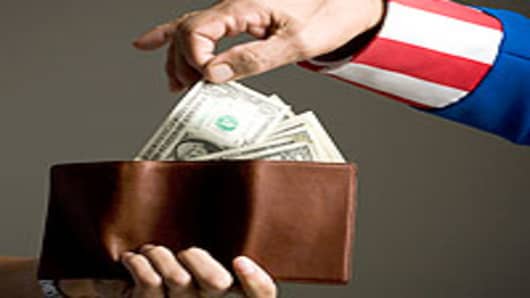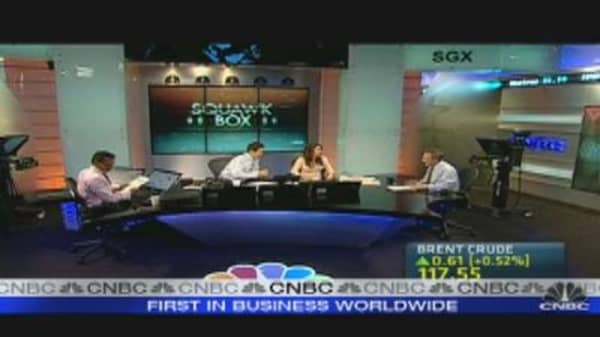The trillions of dollars the Federal Reserve has thrown at the U.S. economy has done little to lift the country out of its doldrums; unemployment remains high, consumer spending weak and the housing sector looks set for a double dip.
As the government struggles to stave off another recession, one expert suggests that a period of economic decline may be exactly what the U.S. needs to turn things around.
“For the last two years, it has been perfectly clear that we cannot lift ourselves out of this recession,” says Graeme Maxton, chief economist at The Insight Bureau told CNBC Thursday. “We need to actually have a recession. We need to burn off the debt.”
Maxton cautions against pouring more money into the U.S. economy. Policymakers have so far poured in $5 trillion into the economy via various stimulus measures and generated growth of $600 billion, he says.
“That is a pretty bad investment. And we have still got a situation where consumer debt is almost as high as it was, bank debt was almost as high as it was and then we have government debt,” said Maxton. “It is wasted money. We have to go through the economic pain.”
Investors’ assumption that growth is going to come back and that oil prices will stay at the current levels, or lower, have been supporting the U.S. stock markets which Maxton believes is “hugely over-valued.”




